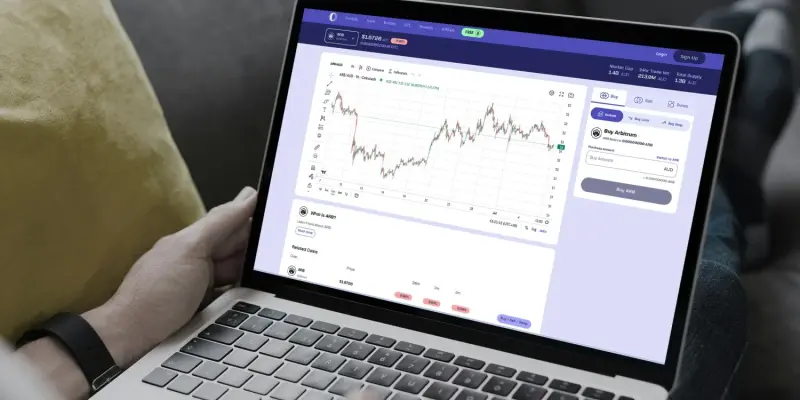Coinbase, a leading cryptocurrency exchange in the United States, recently announced its decision to delist five specific tokens from its trading platforms: Galxe (GAL), Litentry (LIT), Mines of Dalarnia (DAR), Orion Protocol (ORN), and PARSIQ (PRQ). This strategic move is driven by the introduction of new versions of these tokens, which no longer meet Coinbase’s listing standards. The impending delisting, set for May 16, 2025, underscores the company’s commitment to maintaining high-quality and secure assets for its users. Being one of the most regulated exchanges, Coinbase’s decisions inevitably exert considerable influence over the cryptocurrency market landscape, affecting not only individual traders but also broader investor trends and sentiments.
Impact of Token Upgrades
The fundamental reason for the delisting is the release of upgraded versions of the tokens involved, a scenario not uncommon within the rapidly evolving crypto ecosystem. Such periodic upgrades reflect the dynamic nature of blockchain technology, where projects continually seek enhancements in functionality and value through technological progression. As these tokens undergo transformations, exchanges like Coinbase are prompted to reevaluate their listings, ensuring they comply with regulatory standards and fulfill user expectations. This reshuffling points to the cryptocurrencies’ inherent pressure to align with cutting-edge advancements, thus emphasizing the importance of exchanges adapting to these shifts to maintain credibility and compliance in a competitive market.
Uniform Delisting Across Platforms
The delisting decision uniformly affects all Coinbase trading platforms, including Simple Trade, Advanced Trade, Exchange, and Prime. This consistent approach across its trading sphere ensures users are informed that the order books for these tokens have transitioned into limit-only mode, restricting normal trading functionalities. Such precautions highlight Coinbase’s efforts to provide transparency and enhance user experience during transitions. The limit-only mode is a preparatory step to offer a seamless transition, allowing traders to navigate the impending changes effectively. This uniformity not only provides clarity but also fosters trust, as users are assured that their platform experience remains consistent across different avenues within the Coinbase ecosystem.
Options for Token Holders
For users who have holdings in the tokens approaching delisting, several courses of action are available, though Coinbase has stopped short of providing explicit instructions. Typically, affected users can choose to sell their tokens before the delisting date or withdraw them to external wallets to retain ownership. Alternatively, investors may opt to migrate towards the newly introduced token versions, following migration protocols outlined by the project teams at their discretion. It’s crucial to note that Coinbase has not implemented automatic migration for these assets, requiring users to promptly address their holdings in accordance with their individual strategies and the guidance offered by respective token development companies.
Liquidity and Accessibility Concerns
The delisting of these tokens inevitably raises concerns about their liquidity and accessibility, with potential implications on overall market dynamics. Removing tokens from trading platforms often impacts their ease of access for investors, arguably affecting trading volumes and market sentiment. Nevertheless, the rationale behind this measure—technical upgrade rather than underlying performance issues—suggests the development teams have operational plans in place for token migration. These plans likely provide token holders with comprehensive guidance to mitigate transitional challenges. Effective communication among project teams and exchanges is vital during such periods, ensuring stakeholders are well-informed and equipped to handle adjustments within the fluid cryptocurrency marketplace.
Importance of Staying Proactive
Coinbase, a major cryptocurrency exchange in the U.S., recently announced it will delist five specific tokens: Galxe (GAL), Litentry (LIT), Mines of Dalarnia (DAR), Orion Protocol (ORN), and PARSIQ (PRQ) from its trading platforms. This decision is based on the release of new versions of these tokens that no longer meet Coinbase’s listing standards. The delisting is scheduled for May 16, 2025, reflecting the company’s focus on providing users with high-quality and secure assets. Coinbase, known for its stringent regulatory practices, holds substantial influence in the crypto market. This action impacts both individual traders and overall investor sentiment, highlighting the importance of compliance and quality in the evolving cryptocurrency space. As one of the most regulated exchanges, Coinbase’s decisions set a precedent, shaping market trends and encouraging other exchanges to prioritize similar standards for listings, thereby bolstering trust and security within the sector.

